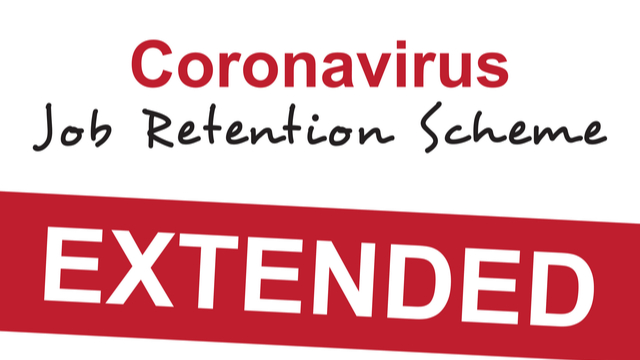Hong Kong BN(O) visa policy
The Secretary of State for the Home Department has announced that the UK will create a bespoke immigration route for British Nationals (Overseas) from Hong Kong (“BN(O)”). This new Hong Kong BN(O) visa policy is a very generous one without imposing skills tests or minimum income requirements, economic needs tests or caps on numbers and will allow BN(O) holders to reside and work or study in the UK, with a pathway to settlement and then citizenship.
The visa will be valid for up to 5 years, and thereafter, provided that the visa holders have stayed free of criminality, have supported themselves financially and otherwise complied with the terms of the visa, they will be able to apply for settled status; and they may apply for UK citizenship after a further year of stay.
Private Client – Pre-Migration Planning
If you are considering coming to the UK under the new Hong Kong BN(O) visa, it is important that you understand the personal tax and legal implications that apply prior to, on and after your arrival in the UK.
Our Private Client team is adept at advising on the full suite of private client services (including tax planning) and when combined with our firm’s well-established corporate and property departments, we are able to provide you with holistic, tailored advice to make sure that you have the best strategy to relocate to the UK. Our advice may include, for example:
- How best to structure purchase of UK real estate
- Setting up onshore and offshore trusts for wealth preservation
- Succession planning to help ensure assets in various jurisdictions are dealt with in the most efficient way
- Residence and remittance planning for Income tax and Capital Gain tax purpose
- How to structure investments into the UK
- Multiple jurisdictional Wills and Powers of Attorney
Property investment in the UK – commercial or residential
The UK is a long-established favourite for property investors all over the world. Whether you are thinking of purchasing UK properties for yourself or for investment purpose, our Real Estate lawyers will be able to assist you. We are a firm that takes a modern and commercial approach to property law but retains traditional values. We ensure that your matter will always be dealt with in a cost-effective way by a fee earner at the most appropriate level with appropriate seniority to make sure you receive the service you deserve.
Commercial Property
Our clients range from leading property owners and institutional and private investors to developers and builders, banks and financial institutions, hoteliers, private landlords, entrepreneurs, franchisees, blue chip tenants with complex occupational leases, leisure and healthcare property owners, start-up businesses, established business occupiers and high net-worth individuals, UK-based or off-shore.
Each of them values our significant market reputation and experience in dealing with all types of real estate transaction.
We provide advice on property matters at all levels and have acted on some of the most high profile and cutting edge landlord and tenant cases of the last 10 years including the ground-breaking decision of Daejan Investments Limited v Benson and others and, possibly the most important landlord and tenant case in front of the courts in recent years, EMI Group Ltd v O & H Q1 Ltd.
Talk to GSC’s Real Estate team about:
Residential Property
GSC’s residential property lawyers deal with high value conveyancing throughout England and Wales, including Crown property and other historical estates. We understand the complex issues that can arise when dealing with such properties and we know that your best interests are only best served when your conveyancing is managed in a way that fits seamlessly with your tax, family and private wealth management.
That is why residential conveyancing with GSC is never carried out in isolation. Talk to us and you will find your property lawyers working alongside our Private Client team to ensure all your interests are carefully considered and protected.
Our property lawyers can assist in all aspects of residential property law including the disposal or acquisition of freeholds and leaseholds, lease extensions, enfranchisement and rights of first refusal.

Carey Xu, Associate Solicitor
Carey is an Associate Solicitor in the Private Wealth Team.
She has an extensive experience in dealing with High Net Worth individuals with complex immigration and wealth planning matters. She also acted for start-ups and corporate businesses for business immigration and employment issues. Carey has 100% success rate of all the immigration applications represented to date.
She is also the Head of China Desk looking after Chinese speaking clients on a range of immigration, private client, company commercial, property and intellectual property matters. She is fluent in Chinese and English.
If you and/or your business is thinking to relocate to the U.K., please ensure to make Carey as your first port of call.
GSC Solicitors LLP
T: +44(020) 7822 222
E: [email protected]
© 2021 GSC Solicitors LLP. All rights reserved. GSC grants permission for the browsing of this material and for the printing of one copy per person for personal reference. GSC’s written permission must be obtained for any other use of this material. This publication has been prepared only as a guide to provide readers with general information on recent legal developments. It is not formal legal advice and should not be relied on for any purpose. You should not act or refrain from acting based on the information contained in this document without obtaining specific formal advice from suitably qualified advisors.












